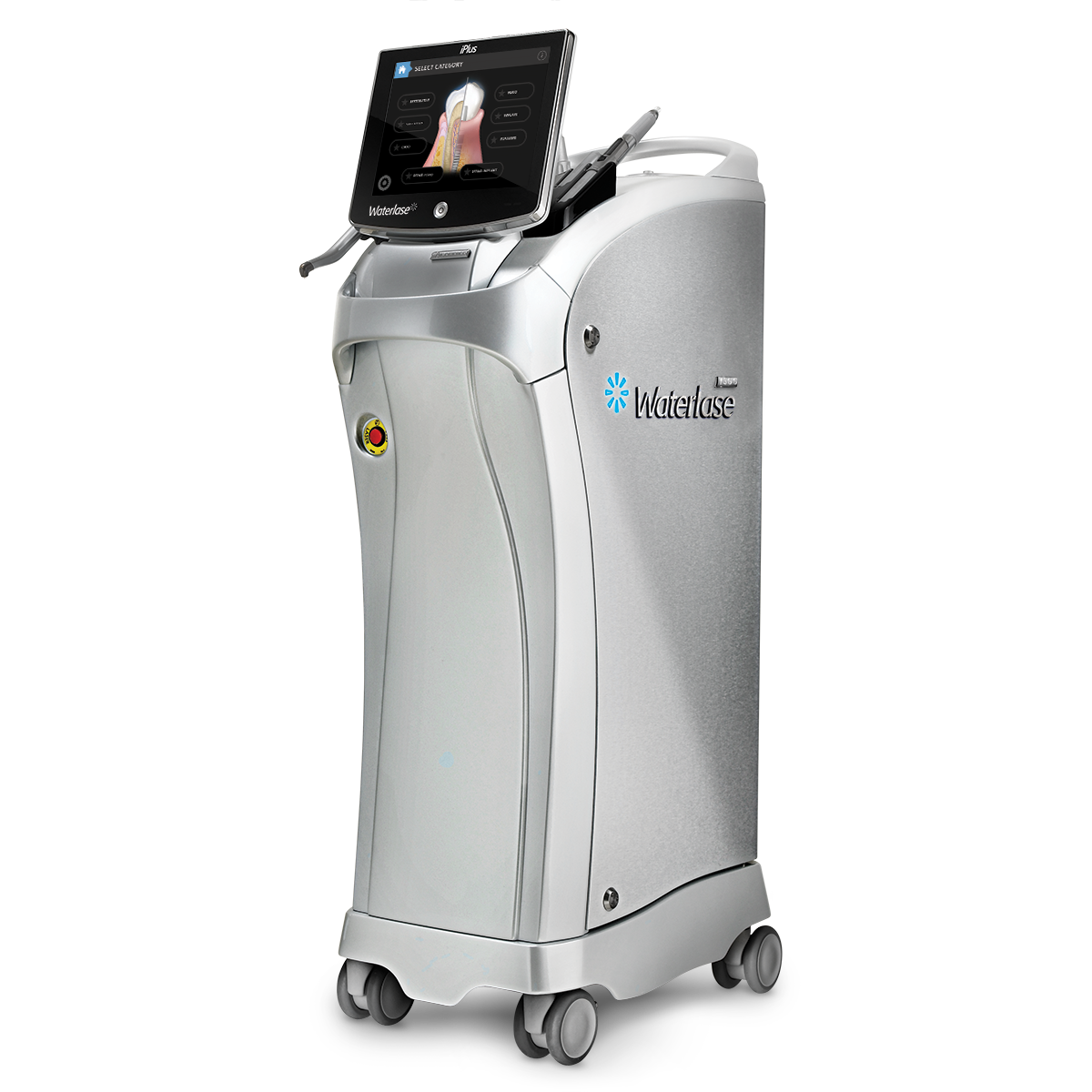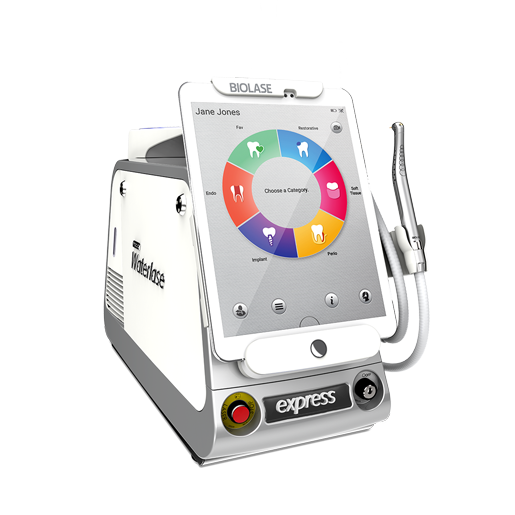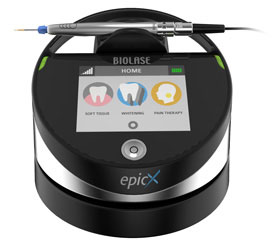Patients with dental phobias visit the dentist less, as the anxiety associated with even a basic teeth cleaning can be crippling.
While most patients would agree that going to the dentist is not always something they look forward to doing, it is important to distinguish between not enjoying dental appointments and deeply fearing them.
The Prevalence of Dental Phobias in Patients
Nearly 75% of adults in the United States experience some amount of fear in regard to visiting their dentist. Nearly 20% of these people avoid going to the dentist due to this anxiety or fear, and 5-10% of those patients have a strong enough fear that it is considered a dental phobia. A dental phobia is a serious condition that is characterized by an irrational fear of the dentist that leaves them panic-stricken and terrified.
Patients develop dental phobias for a variety of reasons. Some of the most common reasons include a fear of pain, injections, anesthetic side effects, feelings of helplessness, loss of control and loss of personal space. Patients with this phobia tend to do everything in their power to avoid going to the dentist, and will only go when in extreme pain, which adds to the complexity of the consultation.
How to Combat Dental Phobias in your Patients
By understanding how common dental phobias are, dentists can adopt strategies to better support their patients’ needs. One strategy is to simply take the extra time to talk to the patient about their fears. Taking this additional step will allow you to help mitigate their concerns and develop a stronger rapport.

Investing in the latest technology will allow you to avoid some of your patients’ fears altogether – which will ultimately differentiate your practice from others in the area. One of the best examples of this type of technology is dental lasers, which reduce the need for anesthesia, as well as time spent in the chair and recovering.
While speaking with patients about their fears and outfitting your practice with the latest treatment options are major steps you can take as a dentist, patients may need to seek support outside of the dental office. You can direct your patients to dental fear clinics where dentists and psychologists work together to create specialized plans for patients with phobias, specialists who can teach relaxation techniques that patients can learn in order to assist in moments of anxiety and doctors who may recommend medication (typically as a last resort).
Overall, it is in the patient’s best interest to overcome or at least minimize their fears around visiting the dentists. They need to be able to adhere to routine dental appointments for their overall health and quality of life. With such high stakes, it is certainly worth the time invested to communicate with both current and potential patients. Understand their concerns and you equipped to address their needs.
Start Using Laser Dentistry to Decrease Patient Anxiety
If you’re not already using laser dentistry in your practice, learn more and start doing all you can to decrease the anxiety of your patients.
Learn more about the dental laser products offered at BIOLASE



